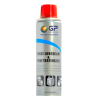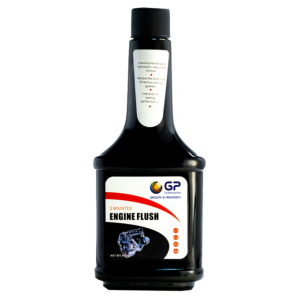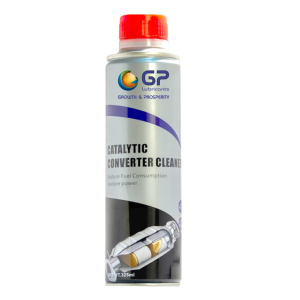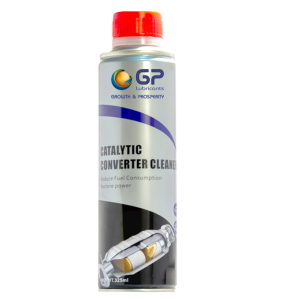GP Spray Lubricant:
GP Spray lubricants are multi-purpose solutions designed to reduce friction, protect surfaces, and ensure smooth operation of mechanical components. Available in convenient aerosol cans, these lubricants offer easy and precise application in various settings. Key features include:
- Friction Reduction: The primary function of spray lubricants is to minimize friction between moving parts, thereby reducing wear and extending the life of machinery and equipment.
- Versatility: Spray lubricants are suitable for use on a diverse range of materials, including metal, plastic, rubber, and more. This makes them ideal for lubricating hinges, locks, gears, and other moving components in automotive, industrial, and household applications.
- Corrosion Protection: Many spray lubricants contain additives that form a protective barrier on surfaces, guarding against corrosion and rust. This feature is particularly valuable in challenging environments.
- Ease of Application: The aerosol format enables targeted and controlled application, ensuring that lubricant reaches specific areas with precision. This ease of use makes spray lubricants accessible for both professionals and DIY enthusiasts.
- Noise Reduction: By minimizing friction, spray lubricants contribute to quieter operation, eliminating squeaks and creaks associated with moving parts.
- Maintenance Aid: Regular use of spray lubricants is a proactive measure for equipment maintenance. It helps prevent issues related to stiffness, seizing, and wear, ultimately prolonging the life of mechanical systems.






